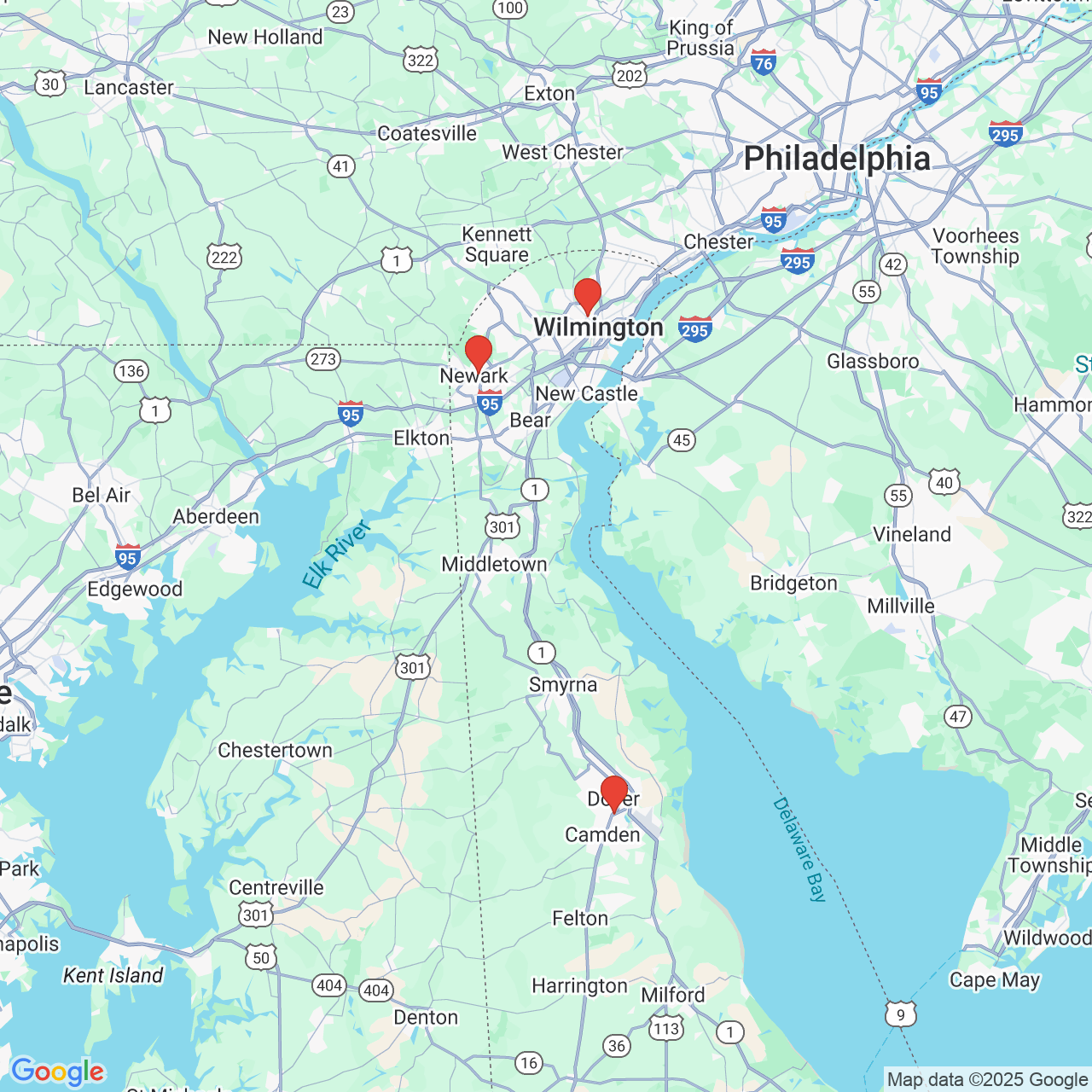Diabetic Eye Care, Retinopathy, and Treatment Eye Physicians and Surgeons, P.A.: Wilmington, Delaware
Diabetes presents a set of unique health problems for those who suffer from it. One such health problem affecting the health of the eyes of diabetics is diabetic retinopathy, a degenerative condition that, if left untreated, can cause severe vision loss. Diabetic retinopathy can be treated noninvasively with comprehensive diabetic eye care if it is caught early. Later stages require laser, injections, and possibly surgery to stop vision loss. Our experienced ophthalmologists, Dr. Paula Ko and Dr. Carolyn Glazer-Hockstein focus on preventive diabetic eye care, including all the latest cutting edge treatments of diabetic retinopathy. If you are a diabetic living in the Wilmington area, contact our office to schedule an appointment with Dr. Ko or Dr. Glazer-Hockstein.
What is Diabetic Retinopathy
Diabetic retinopathy is an incurable degenerative disease that affects those with Type 1, Type 2, and pregnant women with gestational diabetes alike. The leading cause of blindness in adults, diabetic retinopathy is the result of damage caused by too much sugar in the blood vessels of the retina, located in the back of the eye. The risk of the condition increases the longer you have diabetes, and is affected by the following factors:
- Poorly controlled blood sugar
- Hypertension
- High cholesterol
Symptoms of Diabetic Retinopathy
Characterized by its lack of noticeable symptoms and pain until the disease has progressed significantly, diabetic retinopathy can lead to total vision loss in cases where diabetic retinopathy treatment is not utilized. Some symptoms associated with diabetic retinopathy include:
- Blurry vision
- Streaks or spots floating in your vision
- Reduced night vision
- Vision loss
It is important to contact Dr. Ko or Dr. Glazer-Hockstein if you experience the symptoms associated with diabetic retinopathy. Blurry vision may be a sign of a macular edema—the swelling caused by leading fluid in the retina. Streaks or spots blur the vision and may reveal hemorrhaging. The earlier the treatment, the more effective it is.
Stages of Diabetic Retinopathy
Diabetic retinopathy falls into four stages: mild nonproliferative, moderate nonproliferative, severe nonproliferative, and proliferative retinopathy. Each stage is a progression in the disease.
- Mild Nonproliferative Retinopathy: The earliest stage of the condition, it characterized by swelling in the blood vessels of the retina.
- Moderate Nonproliferative Retinopathy: As the condition progresses, the blood vessels of the retina become blocked
- Severe Nonproliferative Retinopathy: At this stage, the blood vessels continue to become blocked, depriving the retina of nourishment. The retina signals the body to produce more blood vessels.
- Proliferative Retinopathy: The most advanced stage of the condition is characterized by the growth of new, irregular blood vessels along the retina and eye. These blood vessels leak blood, blurring vision. This leads to total vision loss.
- Macular Edema: This can be found in any stage of diabetic retinopathy, and is characterized by swelling of the macula, causing blurred vision.
Diabetic Retinopathy Treatment
A comprehensive eye exam that includes dilation, tonometry, and a visual acuity test are the best offense against diabetic retinopathy, especially if you are diabetic or pregnant. It is advised that pregnant women receive a comprehensive diabetic eye care examination every trimester throughout the pregnancy to detect symptoms of this condition at the earliest, most treatable stage.
During the first three stages, patients are advised to control their blood sugar, blood pressure, and cholesterol. Control over all three has shown to delay the progression of the condition.
Diabetic Retinopathy Surgery
Many surgical options are available at our Wilmington, Delaware, office for patients who suffer from diabetic retinopathy. Laser Photocoagulation is a surgical procedure that seals and prevents the weaker new blood vessels from leaking. If macular edema is present, Dr. Ko or Dr. Glazer-Hockstein will target the laser, using the latest computer guidance, to stop the cells from leaking or, if leaking is dispersed throughout the eye, they will perform grid laser photocoagulation. Pan retinal photocoagulation is a more extensive laser treatment for patients who have hemorrhaging.
When blood remains in the vitreous fluid of the eye,sutureless vitrectomy surgery is used to remove the bloody fluid. It is replaced with saline that mimics healthy vitreous fluid. Vitrectomy surgery helps improve the vision of those with diabetic retinopathy. Retinal Detachments can also be treated with this procedure.
Contact Our Office in Wilmington to Learn More About Diabetic Retinopathy and Treatment
Our experienced ophthalmologists, Dr. Ko and Dr. Glazer-Hockstein focus on the newest treatments available for diabetic retinopathy and preventive diabetic eye care. Contact us to schedule an appointment.

